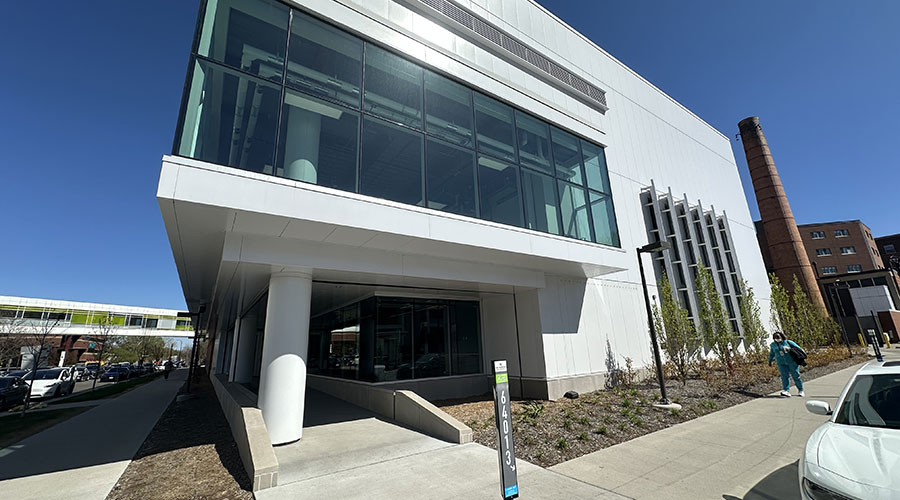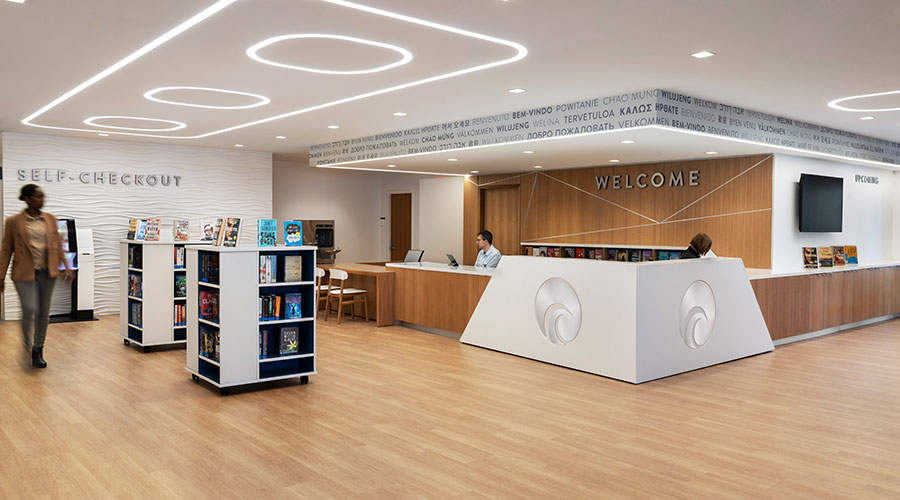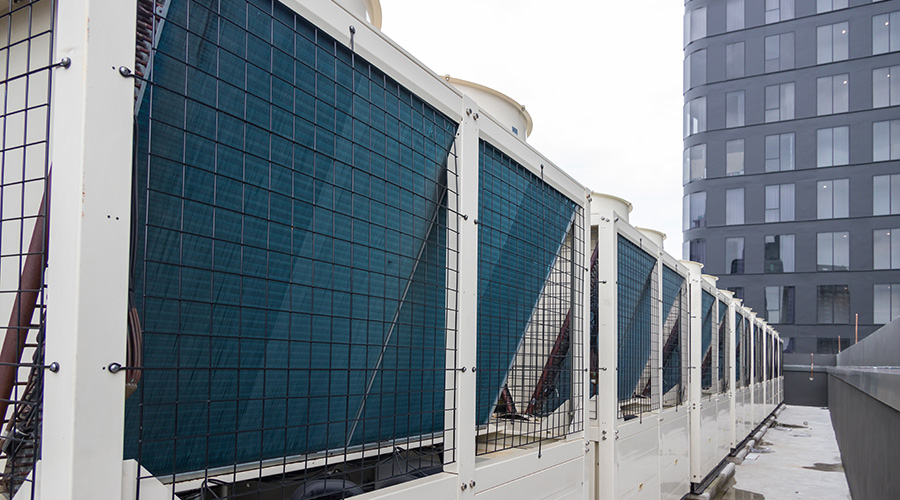Should A Design Engineering Firm Self-Perform Critical Facility Commissioning?
For projects involving EORs experienced in providing commissioning services, an alternate approach to the commissioning process is worth considering. Design engineering firms that self-perform the commissioning effort are typically committed to the long term operational success of the facility. In this scenario, the owner may well experience a smoother and more time-efficient commissioning process by engaging the design engineer to perform all the levels of commissioning identified above.
The EOR has intimate knowledge of the design intent, details, and nuances, and is engaged in frequent dialogue with the contractor during the construction process; both factors enhance their effectiveness in the commissioning role. A third party commissioning agent may still be effectively engaged in the project to provide the owner additional quality assurance or comply with LEED certification requirements. If engaged, the third party commissioning agent is best utilized in the traditional commercial building commissioning role of sampling several modes of operation, system transfers, and emergency operation — after the EOR has completed its comprehensive commissioning process.
Attempts to “team” an EOR and an independent commissioning firm to concurrently manage the commissioning process consistently lead to frustration, inefficiency, delays, and finger pointing, in addition to higher costs. Since the independent commissioning firm cannot possibly “download” all of the designer’s intentions at the start of its involvement, this result is not surprising. In addition, the EOR and third party firm each have their own approach to the process at each level and may often misinterpret the other party’s comments as criticisms, when in fact they are simply describing a different means of accomplishing the same objective.
Whether the project approach calls for an independent commissioning agent to manage the entire commissioning process or for the design engineer to fill that role, it is vital to schedule ample time for the effort. Most critical facility owners will describe how rushed their commissioning experience was and how little focus was given to training their operating engineers when time ran out. Since the objective of commissioning is to find problems in a complex environment before they can impact the operation, you should expect numerous equipment components and software programs to require adjustments, corrections, and repairs during the commissioning process.
Critical facility owners are typically overly optimistic when creating the commissioning schedule. It is often advisable for an owner to double the amount of time that is planned to be allocated to commissioning. If it later turns out that not all of those days are needed, the owner will have created some valuable training time for the operators who will be responsible to keep the new facility operating continuously.
David Boston began his critical facilities career as facilities manager for GTE Data Services from 1985 to 1995. With the Uptime Institute, he assisted data center management teams for 14 years in two roles: consortium director and consultant. He currently serves as director of facility operations solutions for TiePoint Engineering, where he provides assessments, staff plans, and the development of comprehensive procedures and training programs for critical facility clients. He may be reached at DBoston@TiePoint.com.
Gary Johnson is a principal at Burdette, Koehler, Murphy and Associates, Inc. in Baltimore, Md., with nearly 30 years of HVAC experience. For the past 10 years, he has been the managing partner of BKM Mission Critical Facilities, LLC (a subsidiary of BKM), focusing on data center design and critical infrastructure reliability. He is also a certified commissioning authority as recognized by the AABC Commissioning Group (ACG). He can be reached at gjohnson@bkma.com.
Bob Reid is a principal at TiePoint Engineering, with more than 30 years of experience in the electrical industry. He focuses on design and testing of systems that directly impact data center availability. He has managed architectural and engineering design teams that have created more than 250,000 square feet of raised floor IT equipment space for Fortune 500 corporate data centers. He has also conducted critical infrastructure reviews of more than 30 data centers. He may be reached at breid@tiepoint.com.
Related Topics:













